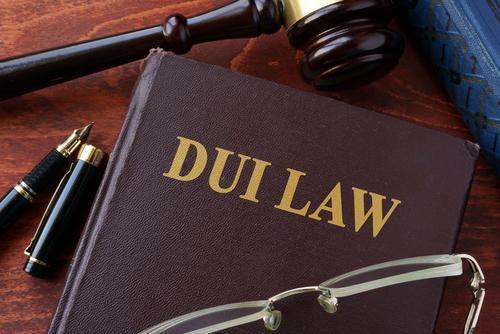Supreme Court Ruling Allows Warrantless Blood Draws in DUI Cases
 In all 50 states, it is illegal to drive while you are under the influence of alcohol. If you have a blood alcohol content of more than .08 percent, you can be charged with DUI. If you are pulled over on suspicion of drunk driving, you may be asked to complete a chemical test to determine your BAC. This type of roadside breathalyzer test is used during a traffic stop to establish probable cause. After an arrest, you will be taken to the police station, where there is more accurate equipment that can establish a BAC that will hold up in court. In certain cases, however, a breath test may not always be feasible. In these cases, a urine or blood test may be used. Most of the time, a warrant must be issued before an officer can take a blood sample, though the Supreme Court recently upheld a decision which found that a warrant may not be necessary in some cases.
In all 50 states, it is illegal to drive while you are under the influence of alcohol. If you have a blood alcohol content of more than .08 percent, you can be charged with DUI. If you are pulled over on suspicion of drunk driving, you may be asked to complete a chemical test to determine your BAC. This type of roadside breathalyzer test is used during a traffic stop to establish probable cause. After an arrest, you will be taken to the police station, where there is more accurate equipment that can establish a BAC that will hold up in court. In certain cases, however, a breath test may not always be feasible. In these cases, a urine or blood test may be used. Most of the time, a warrant must be issued before an officer can take a blood sample, though the Supreme Court recently upheld a decision which found that a warrant may not be necessary in some cases.
Supreme Court Rules 5-4 in Favor of Warrantless Blood Tests
Warrantless BAC tests have been the subject of two Supreme Court decisions in recent years. It has been established that officers can conduct warrantless BAC tests if the case has exigent circumstances and that an officer can conduct a warrantless breath test as long as there is probable cause to arrest the driver. In the most recent decision, the Supreme Court examined what to do when a driver is unconscious and cannot submit to a breath test. The supreme court ruled 5-4 that in certain specific situations, it is permissible to administer a blood test without a warrant.
Supreme Court Rules Warrantless Blood Tests Are Not a Violation of the Fourth Amendment
The Justices in favor of this ruling stated that it is not unreasonable for a police officer to administer a blood test to determine a driver’s BAC in cases where the driver is unconscious. If the driver is unconscious and unable to submit to a breath test, the only other way to enforce DUI laws is to administer a blood test. The Justices also stated that an unconscious driver is almost always taken to a hospital, where his or her blood would typically be drawn for other purposes anyways. In addition, they stated that if the unconscious person is part of an accident, the officer’s other duties would prevent him or her from going through the steps needed to obtain a warrant in a timely manner.
Charged With Drunk Driving? Contact a Hartford, CT DUI Defense Attorney Today
Being charged with a DUI can affect almost every area of your life. If you are convicted of a DUI, a first offense can result in up to six months in jail, up to $1,000 in fines, and a 45-day license suspension with the requirement that you only drive a vehicle with an ignition interlock device installed on it for a year. If you have been arrested for DUI, you need a skilled Connecticut DUI defense lawyer by your side. At the Woolf & Ross Law Firm, LLC, we will help you determine the best options for achieving a positive outcome to your case. Call our office today at 860-290-8690 to schedule a free consultation.
Sources:
https://www.cga.ct.gov/current/pub/chap_248.htm#sec_14-227a
https://www.courthousenews.com/wp-content/blog/mitchell-wis.pdf
https://www.courthousenews.com/supreme-court-gives-green-light-on-warrantless-blood-draw/






